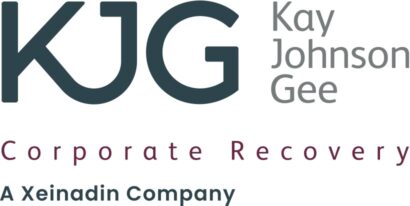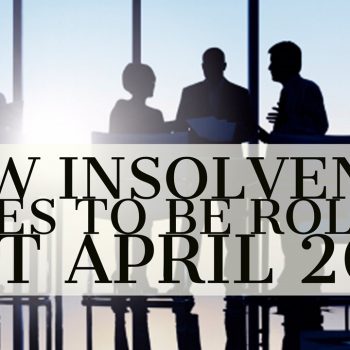
Corporation tax could be halved
- Posted by KJGCR
- 0 Comments
If Brussels blocks a free trade deal, Corporation tax could be halved. Downing Street plans to cut rate to 10% as a ‘nuclear option’.
Britain could lower its Corporation Tax to 10 percent, the lowest in Europe.
Rate would be even lower than Ireland, which has attracted in many firms.
Britain could threaten to halve corporation tax if Brussels is unwilling to offer a good Brexit deal, it emerged yesterday.
Downing Street has discussed the plan to cut the rate from 20 per cent to 10 per cent as a ‘nuclear option’ if the EU blocks a free trade deal or refuses to give UK financial services firms access to the European market.
The drastic move – which has been talked about in Number 10, but not agreed on – would encourage firms to stay and make the UK a magnet for new companies, as Ireland and Singapore have become.
It came as a think-tank said EU firms would lose out more than those in Britain if no free trade deal is reached.
Civitas said firms on the continent will face tariff costs of almost £13billion a year on exports to the UK, while British companies will face a £5.2billion bill for sales to the other 27 states under ‘hard Brexit’.
The analysis concludes that Theresa May could use the balance of trade to her advantage in talks with the remaining 27 EU leaders.
Transport Secretary Chris Grayling yesterday insisted the EU will agree a tariff-free trade deal with the UK, and that negotiations will not run into the same difficulties faced by the troubled Canadian pact with Brussels.
The amount of trade done between the UK and EU puts it in a different category to that deal, which has been blocked by the Belgian regional parliament in Wallonia, he claimed.
Mr Grayling told BBC One’s Andrew Marr Show: ‘We buy a whole load of produce from Walloon farmers, so therefore it is not going to be in their interests to see tariffs imposed.
‘This is why I have always been convinced that we will have tariff-free trade, we will have sensible trading arrangements, because it is in both of our interests that should happen.’
The corporation tax plan has been floated by Mrs May’s closest advisers amid growing fears that the other 27 member states are taking an increasingly hard line against doing a deal that is in Britain’s interests.
The UK already has one of the lowest business tax rates in the EU, but those planning strategy on Brexit believe the threat of a further cut is a card that the UK can play.
It would be used to persuade the EU to grant ‘passporting’ rights for the financial services industry to continue operating across the EU and carrying out transactions in euros.
A government source said: ‘People say we have not got any cards. We have some quite good cards we can play if they start getting difficult with us. If they’re saying no passporting and high trade tariffs, we can cut corporation tax to 10 per cent.’
Ireland currently has the lowest corporation tax rate in the EU, at 12.5 per cent – a policy which has lured firms from other states.
The EU has sought to bully Dublin to increase this, but it cannot force the country to do so.
The tax rate is 33.3 per cent in France, 31.4 per cent in Italy and 29.72 per cent in Germany.
Opposition closer to home could also throw a spanner into the works as Mrs May’s Government attempts to strike a deal with the EU.
The Prime Minister has called for a ‘grown-up’ approach in the relationship with the devolved administrations in the UK.
The Scottish Government has demanded to be treated as an ‘equal partner’ in the talks ahead of a meeting in London today between Mrs May and the leaders of the devolved administrations.
Mrs May will tell the first ministers of Scotland, Wales and Northern Ireland that they will have a hotline to David Davis, the Brexit Secretary, to discuss their concerns.
Mrs May will tell the first ministers that leaving the EU was not a question simply of ‘hard Brexit’ and ‘soft Brexit’.
She is expected to say that, contrary to speculation, no final decisions have been taken and that how the UK leaves the EU will not boil down to a ‘binary choice’.




